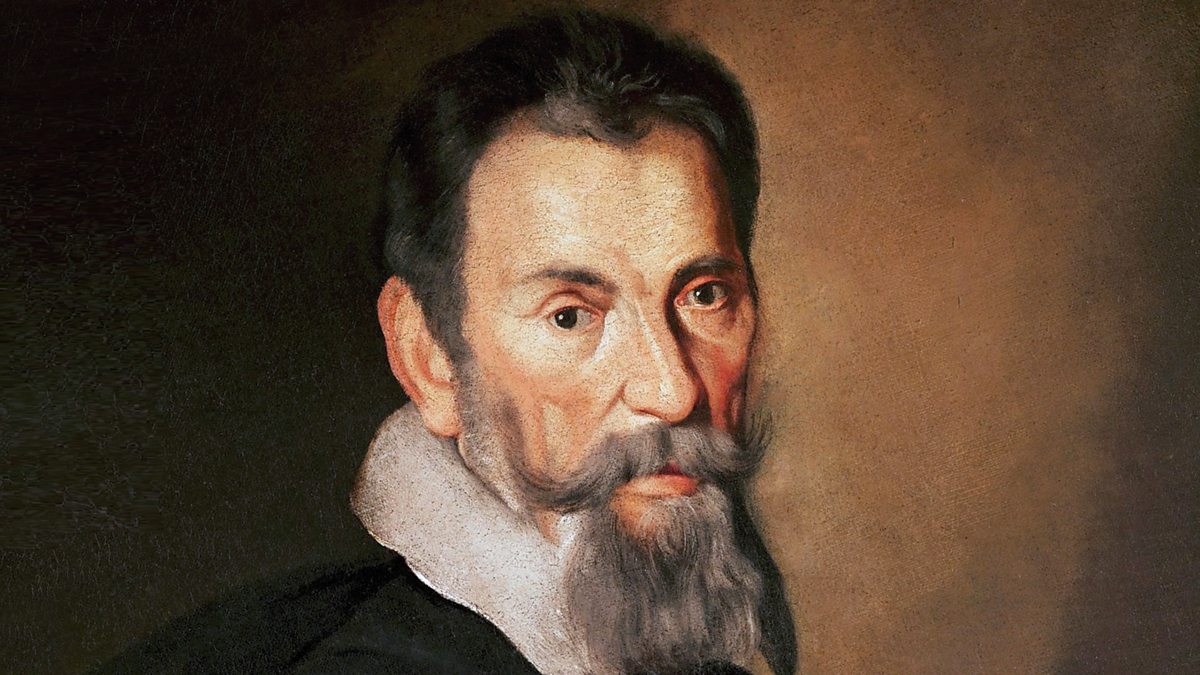
Top 10 Monteverdi Songs
Claudio Monteverdi (1567-1643) was a pivotal figure in the transition from the Renaissance to the Baroque era in music. His works, characterized by their emotional[…]
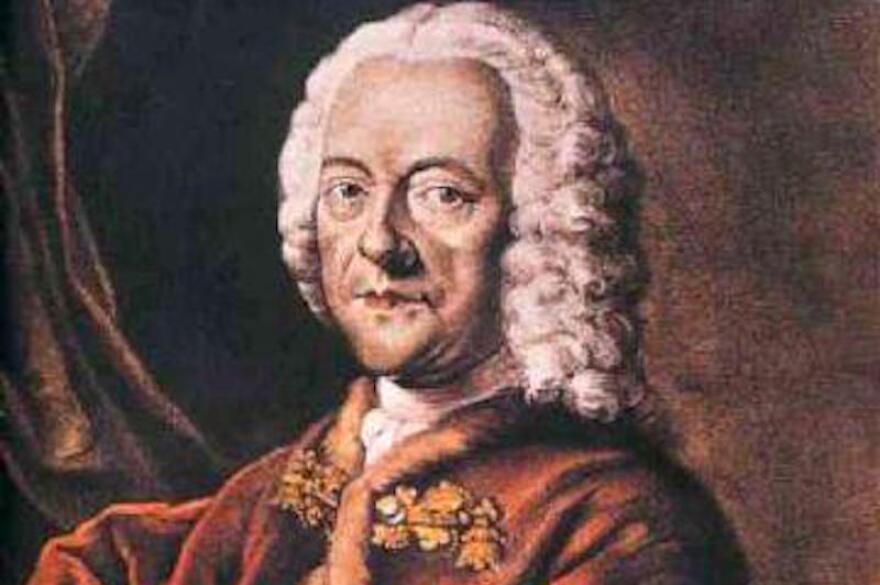
Top 10 Telemann Songs
Georg Philipp Telemann (1681-1767) was a prolific German Baroque composer and a contemporary of Johann Sebastian Bach and George Frideric Handel. Telemann’s immense output and[…]
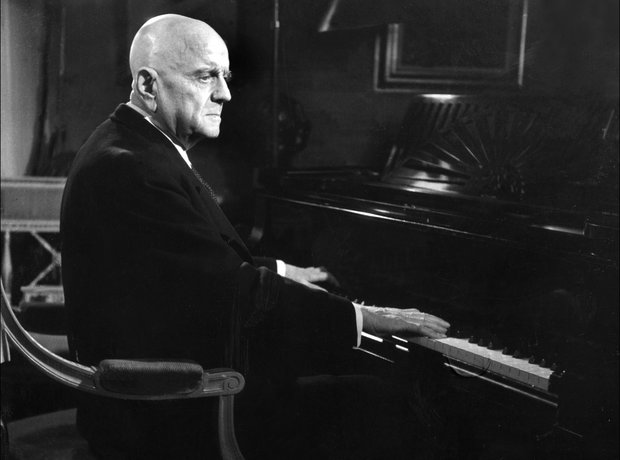
Top 10 Sibelius Songs
Jean Sibelius, Finland’s most celebrated composer, has left an indelible mark on the world of classical music. His works, characterized by their nationalistic fervor and[…]
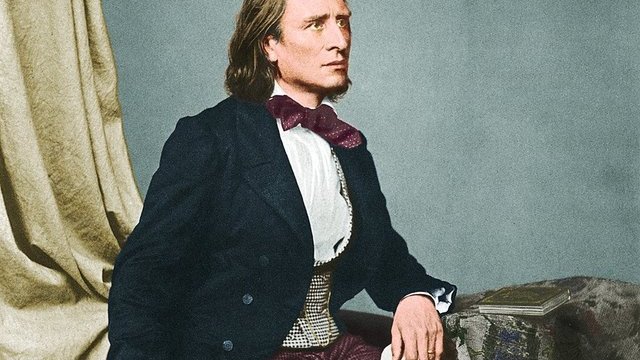
Top 10 Liszt Songs
Franz Liszt, the legendary 19th-century composer, and virtuoso pianist, revolutionized piano music with his technical brilliance and innovative compositions. His works span a wide range[…]
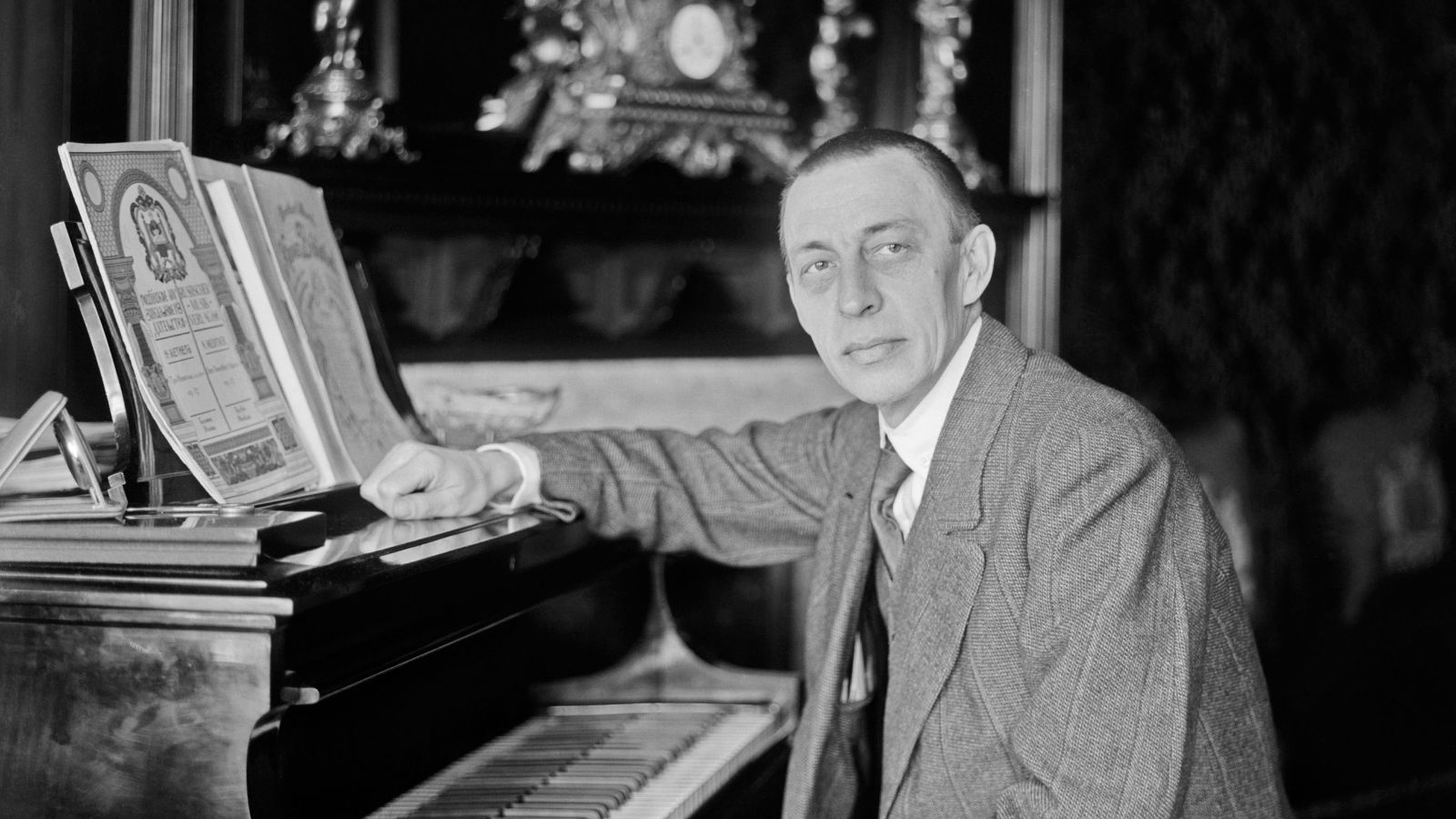
Top 10 Rachmaninoff Songs
Sergei Rachmaninoff, one of the last great representatives of Romanticism in Russian classical music, was a virtuoso pianist and a prolific composer. His works are[…]
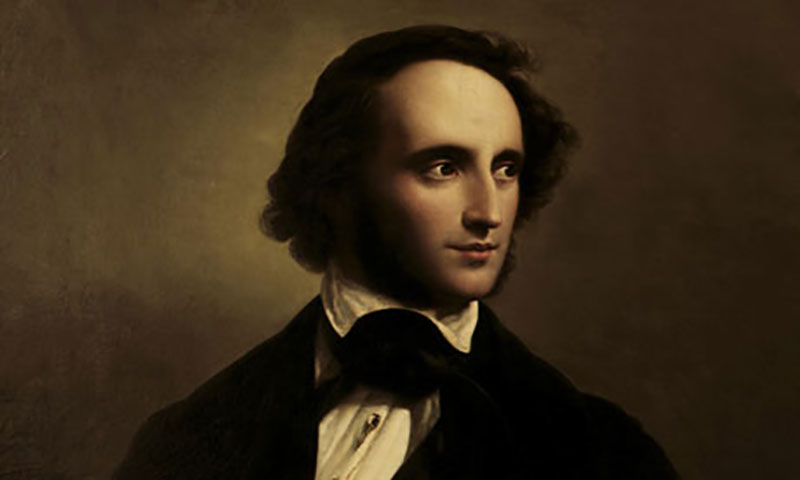
Top 10 Mendelssohn Songs
Felix Mendelssohn Bartholdy, a prodigious talent of the Romantic era, left an indelible mark on the world of classical music. His compositions, characterized by lyrical[…]
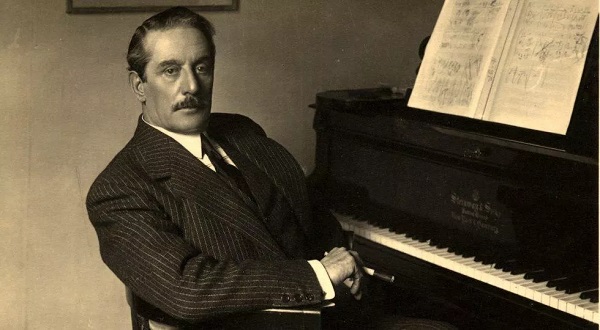
Giacomo Puccini – Biography and History
Giacomo Antonio Domenico Michele Secondo Maria Puccini was born on December 22, 1858, in Lucca, Tuscany, Italy. He hailed from a musical lineage; his family[…]

History of Baroque Music
Baroque music, spanning from approximately 1600 to 1750, marks a pivotal era in the history of Western classical music. This period witnessed profound developments in[…]
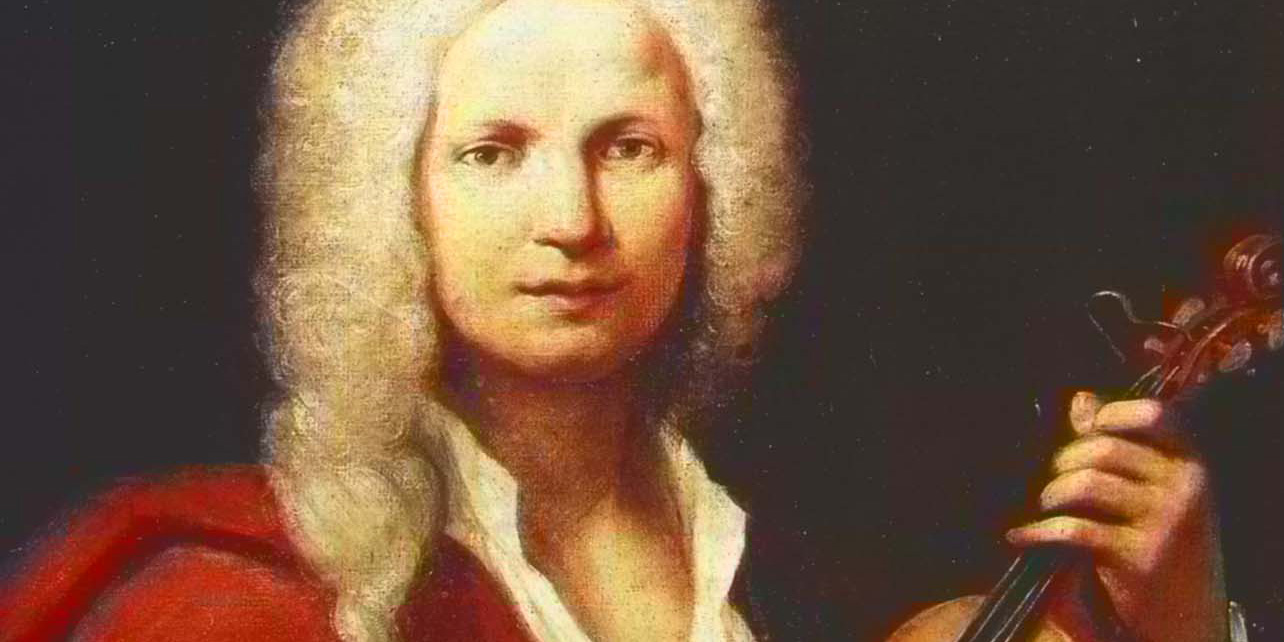
10 Fascinating Facts about Antonio Vivaldi
Antonio Vivaldi, an Italian Baroque composer, is one of the most influential figures in the history of music. Known for his vibrant and expressive compositions,[…]
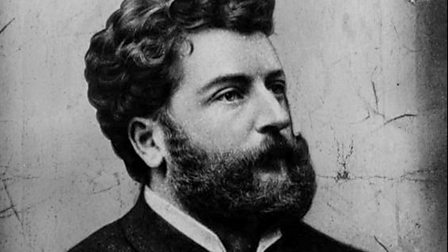
Georges Bizet – Biography and History
Georges Bizet, born Alexandre-César-Léopold Bizet on October 25, 1838, in Paris, France, was a French composer of the Romantic era, best known for his opera[…]